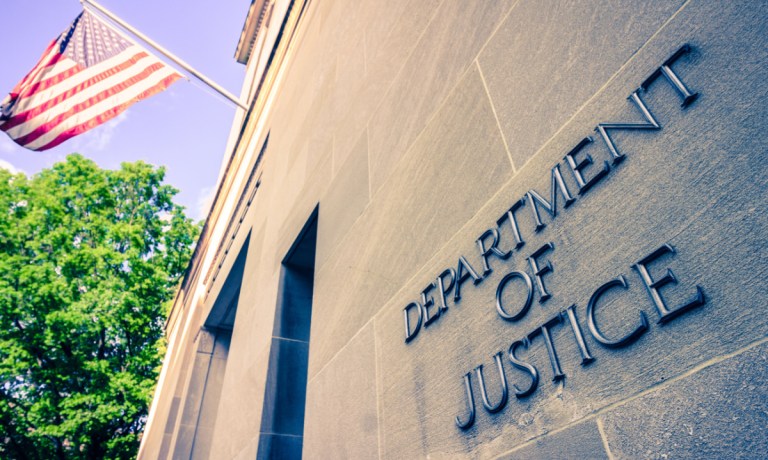US Justice Department Intensifies Scrutiny of AI Content Deals

The U.S. Justice Department has intensified its scrutiny of content deals involving artificial intelligence (AI) companies such as OpenAI.
Jonathan Kanter, the agency’s top antitrust official, has emphasized that entering into deals where one party exercises monopsony power may not be acceptable under the law. According to Bloomberg, Kanter made these remarks during an interview at a conference held at Stanford University, where he expressed concerns about the need for fair compensation for artists and creators.
Kanter’s warning comes in the midst of escalating tensions between AI companies and artists. Actor Scarlett Johansson recently accused OpenAI of using a voice similar to hers for their new GPT-4o chatbot, despite her refusal to provide her voice. This incident highlights the ongoing conflict surrounding the use of AI-generated voices and imagery in films, television and video games, which has been a contentious issue in labor negotiations within the entertainment industry.
Notably, AI companies like OpenAI and Microsoft have faced numerous lawsuits from authors and media outlets, including The New York Times, over their use of creative works to train their models. On the other hand, some media outlets have chosen to sign content deals with AI firms. These legal battles and agreements have brought the issue of fair compensation to the forefront.
PYMNTS wrote that ongoing AI-driven concerns came to a head with a recent open letter published in Billboard by the Artist Rights Alliance (ARA) calling for the ethical and responsible use of AI within the music industry while advocating for the rights of musicians, performers and songwriters.
Assistant Attorney General Kanter did not indicate immediate action from the Justice Department, but he emphasized that the agency is closely monitoring industry developments. He stressed that monopolizing upstream markets or creative works is a form of monopolization, regardless of whether a large language model is involved.
Kanter asserted that the Justice Department has the authority to take action under the antitrust principle of monopsony, which occurs when a buyer in a supply chain wields excessive power, leading to reduced prices and disincentivizing production. He warned that without competition to adequately compensate creators, AI companies could exploit monopsony power to an unprecedented extent, with severe consequences.
While Kanter’s concerns primarily revolve around the future of free expression, he also highlighted similar questions regarding the use of medical patients’ data in massive AI models and the importance of fair compensation for journalists and news outlets, which are vital to democracy.